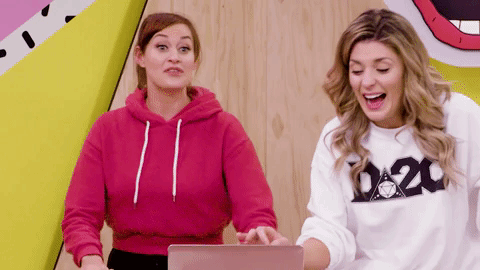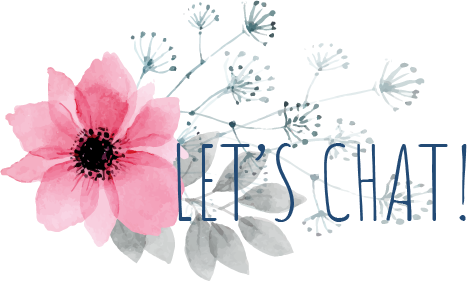
Hello everyone!
How are you all doing? It is getting really summery here in Vancouver. I’ve been spending days hiking and training our dog Zander, the new recruit to our family. I am also making steady progress towards my word count goal for Camp Nano (yay!!)
Sieran Lane wrote an excellent post analyzing the strength and areas of improvement for zis writing, which inspired me to do the same for my own writing. As writers, we all have things that we are great at, that comes naturally to us. We also have things that we are not as great at, that we probably dislike doing. Whether we are amateurs (like me) or professionals, it’s good to keep our strengths and weaknesses in mind. It’s important to improve our weaknesses, but I believe that it is just as important to become even greater in our strengths.
This post is hard for me to write. I am the type of person that can name a gazillion areas of improvement but find it hard to identify my own strengths. However let’s see how it goes 🙂
My Writing Strengths
1. Dialogue.

I love writing dialogue. Give me two or more characters and I can write a dialogue that goes on forever. I love that the personalities of our characters shines through in dialogue. I also that, through dialogue, relationships between our characters can grow and flourish. Dialogues can serve so many functions! They can reveal new information and move the plot forward, or they provide inside into our character’s minds.
2. The Element of Surprise.

I love to incorporate a good plot twist in my novels to keep readers on their toes. Generally my plot twists tend to not be predictable (I think?!)
3. Discipline.

I thrive on giving myself goals and deadlines, and committing to a daily or weekly schedule. When it comes to writing, it helps for me to get into a routine or a habit: If I tell myself to write everyday, then I find it easier to sit down to write. No matter how discouraged and uninspired I feel about my project, I plow through with it and I get it done. Nothing is more dissatisfying to me than leaving something unfinished.
(Writer’s block affects me just like any other person, and I probably write terribly when I have writer’s block, but I keep at it until it wears off. :’) )
4. Killing My Darlings.

I am a ruthless editor when it comes to my own work. After putting aside a project and coming back to it, I am not afraid to rip it all apart and start from square one if need be. There are scenes and characters and plot points that I loved that never make it into draft 2 or 3 or 4 and… well, it’s just not meant to be. As a writer, we have to let go of certain elements of our novel to make it better.
5. An Openness to Learning.

I am not the best writer and I know that there are SO many things that I need to work on. My philosophy when it comes to writing (and many things in life!) is that it is not talent that makes us a good writer, it is continuing to improve and refine our craft.
My Writing Areas of Improvement
1. Setting Descriptions.

My scenes tend to be heavy on dialogue but skimpy on setting descriptions. However it is so important to optimize our descriptions of the setting: Too much and it will bore the reader, too little (as I am often guilty of) and the reader won’t feel immersed in the scene.
2. Finding Different Ways to Describe Something.

You know that thing that you notice in some books where the author uses the same phrase a few times and it sticks out like a sore thumb? I do that! There are phrases that I rely on more than I should, and in general I could benefit from using more creative ways to describe something.
3. Plot Structure.

To be honest, plot structure is something that I just started paying attention to, and it is SO important. I am an impatient reader: If a book doesn’t hook me or if the middle section is too slow, I feel bored and disengaged. It all comes down to plot structure! If we structure our plot well, we should be able to keep our readers excited and engaged the entire ride.
4. Scene Structure.

Just like how plot structure serves to keep us engaged throughout the story, scene structure’s purpose is to maintain flow through a scene. I can say that I am getting the hang of plot structure, but scene structure still confuses me!
5. Knowing My Characters.

Don’t get me wrong, I love characters- they are one of the reasons why I write. However, I admire how some writers know their characters so, so well. There are some writers who dedicate soundtracks or Pinterest boards to their characters, or even write short story spin-offs just to get to know their characters better. I want to work towards creating characters (including secondary characters and villains) who are relatable, realistic, and multi-dimensional.


Leave a comment